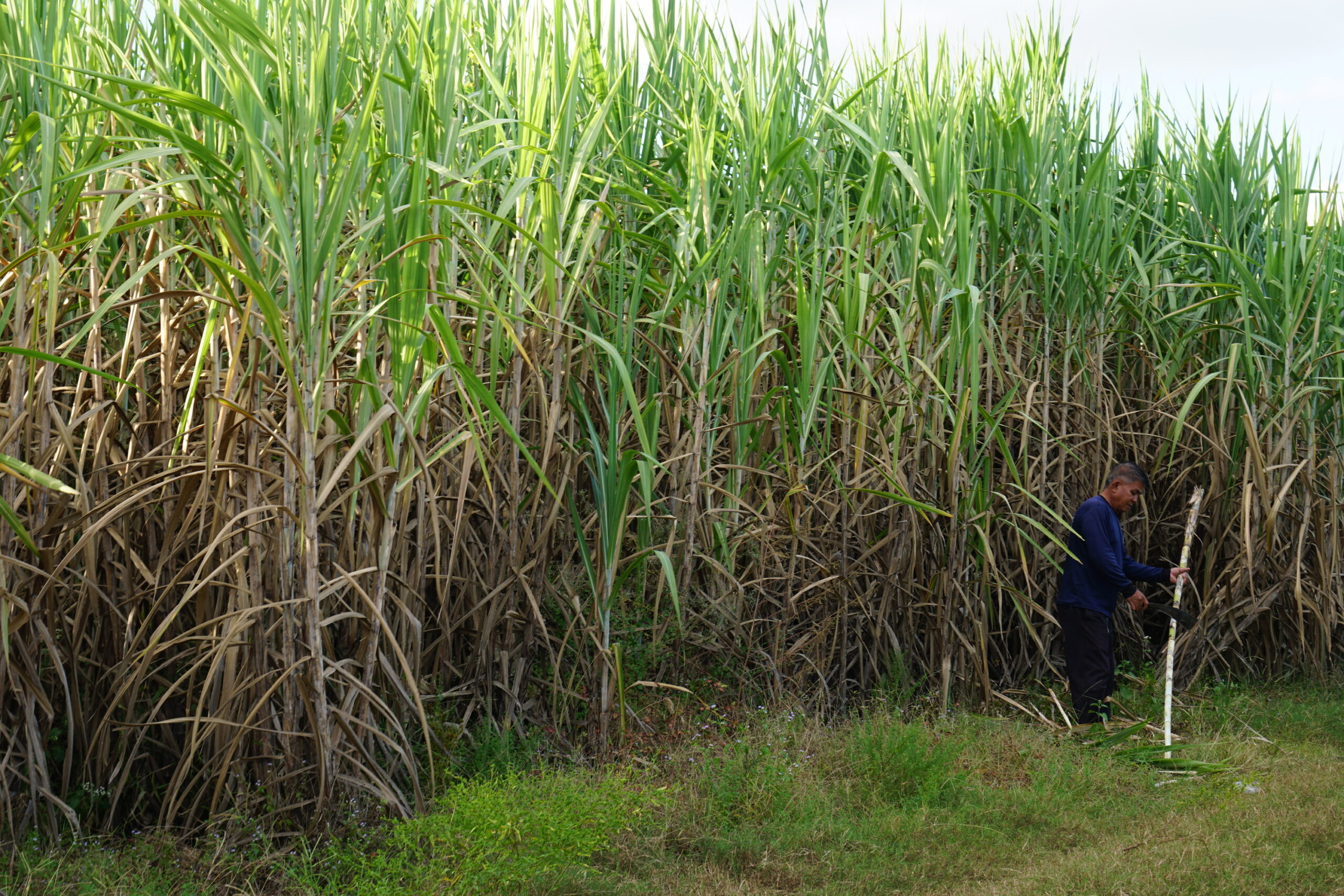How Sugar and Cane Affect Your Taste Buds and Cooking Experience
How Sugar and Cane Affect Your Taste Buds and Cooking Experience
Blog Article
Why Walking Stick Sugar Handling Chemicals Are Vital for Modern Sugar Refining
The role of walking stick sugar processing chemicals in modern-day sugar refining can not be overstated, as they are essential to enhancing both the performance of extraction and the total quality of the end product. Agents such as phosphoric acid and specific flocculants are utilized to remove pollutants, leading to sugar that not just satisfies customer assumptions however also follows sector requirements. However, the effects of these chemicals prolong beyond quality, discussing market characteristics and ecological considerations. This increases crucial questions regarding the sustainability of such practices and their effect on the future of sugar production.
Duty of Handling Chemicals
The effectiveness of walking cane sugar processing hinges substantially on the tactical application of processing chemicals. These chemicals play a crucial role in enhancing the efficiency and high quality of sugar extraction and refining. From the initial stages of juice removal to the final filtration actions, handling chemicals promote different important operations.
In the removal stage, chemicals such as phosphoric acid and calcium hydroxide are utilized to optimize the explanation process, helping to get rid of pollutants and put on hold solids from the cane juice. This not just boosts the yield however also makes certain the clearness of the end product. Furthermore, representatives like flocculants aid in the fast settling of impurities, thus streamlining the general procedure.
Activated carbon and ion exchange materials serve to get rid of shade and smell, ensuring that the refined sugar meets customer quality requirements. Hence, the careful option and application of these chemicals are essential for attaining ideal results in walking stick sugar processing.
Key Kinds Of Chemicals
Walking stick sugar processing counts on a variety of vital chemicals that assist in each stage of production. These chemicals play crucial roles in clarifying, whitening, and cleansing the sugar drawn out from walking cane.
One key classification of chemicals consists of flocculants, such as polyacrylamide, which aid in the explanation process by advertising the aggregation and settling of impurities. In addition, calcium hydroxide is usually utilized to reduce the effects of level of acidity and help in the elimination of non-sugar elements.
Lightening agents, such as triggered carbon and sulfur dioxide, are used to decolorize the syrup, resulting in a more clear end product. These chemicals help eliminate shade substances that may impact the sugar's look and bankability.
Additionally, phosphoric acid functions as a pH regulator during the processing stages, guaranteeing optimal problems for the chemical tasks included in sugar removal and filtration.
Various other crucial agents include edta (ethylenediaminetetraacetic acid), which chelates steel ions that might catalyze unwanted responses, and sodium hydroxide, which aids in pH control throughout the refining process. Jointly, these chemicals enhance efficiency and make certain a high-grade cane sugar product.
Advantages for Sugar Top Quality
Commonly forgotten, the use of details processing chemicals significantly enhances the general quality of cane sugar. These chemicals play a pivotal function in refining procedures, making certain that the final item satisfies strict sector standards for pureness and preference.

Furthermore, refining chemicals aid in accomplishing a consistent granulation and texture, which are vital for consumer acceptance. By controlling the condensation click this link procedure, these chemicals make certain that the sugar crystals create uniformly, bring about a more appealing item that liquifies well in different applications.
In addition, using these chemicals can boost the rack life of walking stick sugar by lessening wetness absorption and microbial growth. Overall, the strategic application of processing chemicals is crucial for delivering premium walking stick sugar that satisfies customer assumptions and market demands.
Environmental Effect Factors To Consider

Additionally, the energy-intensive nature of sugar refining, worsened by chemical use, commonly leads to enhanced carbon discharges. This adds to environment modification and increases worries pertaining to the sustainability of existing refining practices. Additionally, the sourcing of these chemicals might entail techniques that threaten biodiversity, such as monoculture farming, which reduces the resilience of agricultural ecosystems.

To reduce these effects, sugar refiners are significantly discovering lasting alternatives and adopting ideal methods that reduce chemical use. Carrying out rigorous environmental administration systems can aid make sure that the refining procedure lines up with ecological standards and advertises biodiversity. Inevitably, a balanced strategy that prioritizes both sugar top quality and ecological stewardship is crucial for the long-lasting stability of the sugar market.
Future Trends in Refining
As the sugar industry faces the ecological obstacles associated with conventional refining techniques, cutting-edge techniques are arising to improve both efficiency and sustainability. One substantial fad is the fostering of environment-friendly chemistry concepts, which prioritize the use of safe, naturally degradable processing chemicals. This change not just minimizes environmental influence but also addresses customer demand for cleaner manufacturing techniques.
One more encouraging growth is the application of innovative filtration innovations, such as membrane separation and adsorption processes. These strategies improve the quality and high quality of the sugar while decreasing the quantity of wastewater produced during refining. Furthermore, the assimilation of digital innovations, including IoT and AI, is changing operational effectiveness by allowing real-time tracking and predictive upkeep, hence minimizing resource waste.
Additionally, making use of by-products from sugar refining, such as bagasse and molasses, is a fantastic read gaining traction. These products can be transformed right into biofuels or value-added items, adding to a round economic climate within the industry. Jointly, these fads indicate a change in the direction of even more lasting methods that not only improve functional efficiency but likewise straighten with global sustainability objectives, making sure the future viability of sugar refining.
Conclusion
Cane sugar handling chemicals are crucial in contemporary sugar refining, considerably boosting the efficiency and top quality of sugar removal. The strategic use these chemicals not just improves the pureness and taste of the last item yet likewise ensures regular formation and appearance. As the industry progressively focuses on sustainability, the adoption of environmentally-friendly processing representatives is most likely to shape future fads in refining, eventually bring about higher high quality products and prolonged service life for customers.

Inevitably, a balanced method that prioritizes both sugar high quality and environmental stewardship is necessary for the lasting viability of the sugar market.
Walking cane sugar handling chemicals are crucial in modern sugar refining, significantly improving the performance and top quality of sugar removal.
Report this page